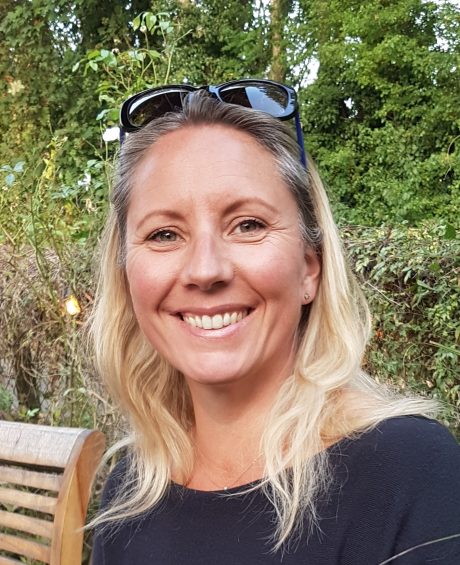Research Shorts: Piano Pedagogy and Building Resilience For Key Stage 1
30th April 2024

Cara Whitmee
This week I’ve been talking with Cara Whitmee, who has recently completed her Masters degree exploring how piano teachers think their Key Stage 1 (KS1) children develop resilience skills through their piano lessons. She wondered to what extent piano teachers were aware of potential links in the first place, and wanted to discover if teachers’ approaches ‘affect the opportunity for resilience skills to be developed’.
Cara worked with teachers to find out more about their piano teaching approaches and thoughts about the development of resilience skills in the context of learning the piano, followed by online one-to-one semi-structured interviews. A focus group was chosen to allow the teachers to discuss the concept of broadening instrumental pedagogy to include the development of life skills, such as resilience.
‘National policies and papers have called for young children to develop resilience skills in order to reach their full potential in life, and the latest government thinking acknowledges the contribution music makes in developing resilience skills.’
In her work, and in exploring the literature in the subject, Cara found that ‘all children might be able to develop skills relating to resilience to enable them to cope with daily adversities if they have the appropriate environment, and that teachers may facilitate this development.’ Her results suggested that the role of KS1 piano teachers is often not given enough credit by parents or schools. She also feels that exploring the development of resilience through instrumental learning could be a consideration for educational funding. She went on to say ‘it could be an opportunity to educate school communities, professional music bodies, and even the teachers themselves, about the wider benefits of piano learning for KS1 children.’
I asked Cara to tell us more about why she got into this project: ‘I have been teaching piano and singing for 20 years. I have a strong belief that my teaching approach enables children to develop both musical and non-musical skills, and that through learning a musical instrument children of all ages can develop valuable life and leadership skills, such as problem-solving, time-management, motivation, decoding, planning, and commitment to a long-term goal.’ I asked how she saw herself in her practice as a teacher: ‘I see my role as more than ‘just’ a piano teacher; I am a significant adult in my learners’ lives. This has become a core objective for my teaching so I wanted to find out if other teachers have considered this idea and whether they actively teach these skills too.’
Interview by Dr Sarah K. Whitfield – Research Lead for Music Mark



